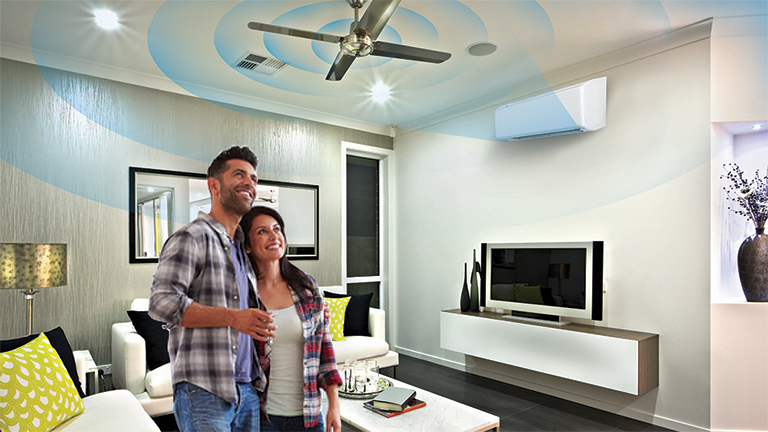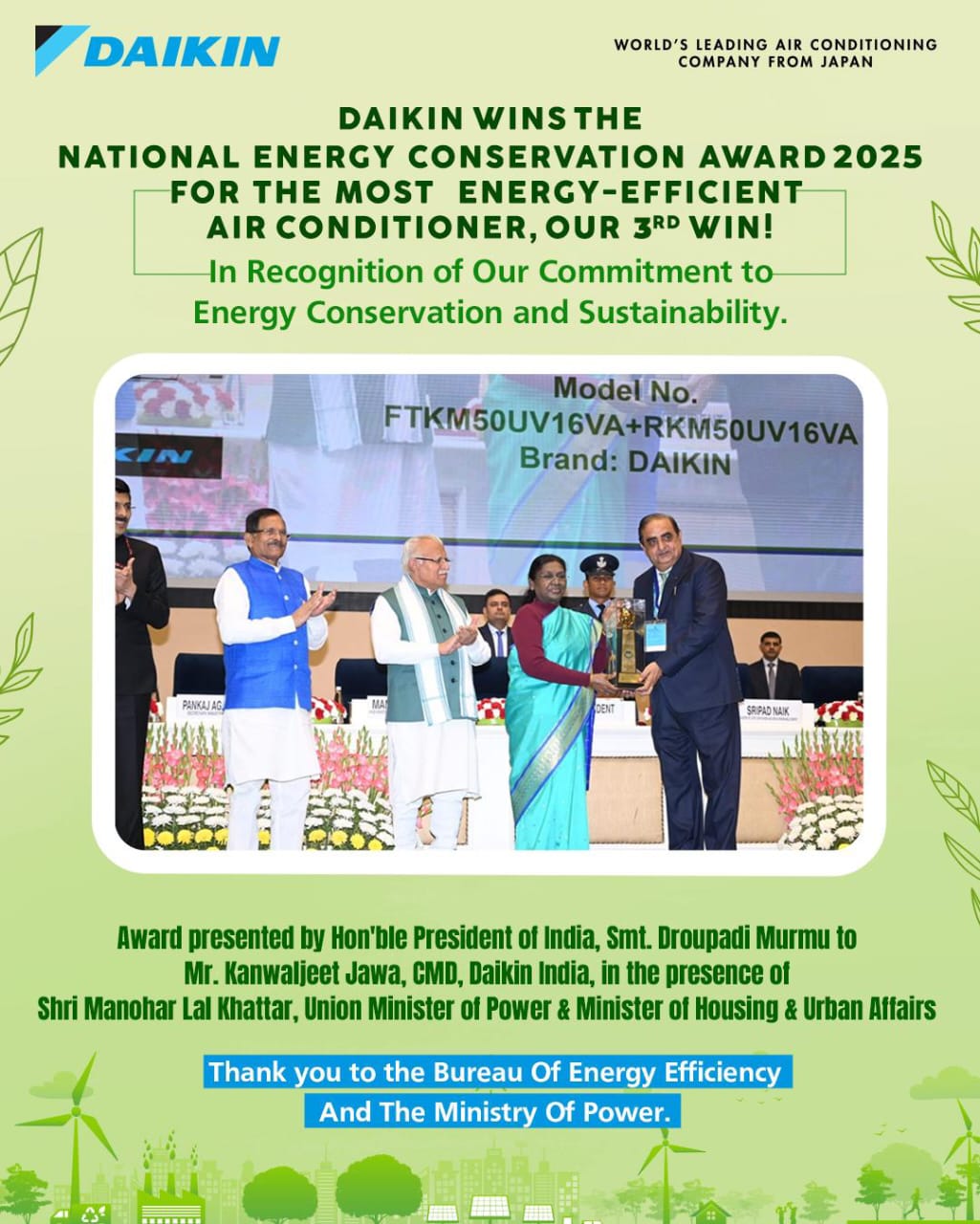
Is one of your agendas for 2022 to buy a brand-new air conditioner? Well then, we are sure your research has begun! With so much information on your fingertips and so many models to check, compare and calculate, buying the best AC can soon become a herculean task. Don't worry, we've got you covered!
Step 1 for any market research, especially for a product as technologically advanced as an air conditioner, is to understand the key basics of it. That is, what are the main features to look for in an air conditioner and what makes for a good air conditioner. The first part of that question should be answered by your basic requirements. Some questions you should answer before getting into your market research would be - What is the size of the area I want to cool with my AC? How frequently will I be using the AC? What's my budget? Etc.
Then we move on to the next part of the question - what makes for a good air conditioner and how can I get the best AC as per my requirements? To answer this, it is important to understand some common terminologies regarding ACs. Rather than going to the store and feeling overwhelmed by the technicalities, it is best to do a basic reading beforehand. Here are 5 common AC terminologies decoded for you!
- Refrigerant - Refrigerant is the chemical compound responsible for absorbing the hot air in the environment and cooling it by passing it via the compressor and evaporator. As the name suggests, it is the most important component of your AC, responsible for cooling. Being one of the leaders in air conditioning, Daikin uses the next generation, environmentally friendly R-32 refrigerant. It has zero ozone depletion potential and only 1/3rd global warming potential.
- Ton or Tonnage - Though the term may indicate towards the weight of your AC, ton is actually related to the cooling capacity of your AC and not its weight. The cooling capacity of any AC is calculated in British Thermal Units or BTU per hour. The collective unit used to measure this cooling capacity in proportion to the cooling area is known as ton. The BTU/hr of ACs varies from 5000 to 24000 BTUs, and 1 ton is 12000 BTUs. So, the more BTU/hr, the greater the tonnage of your AC and the more powerful it is. However, that does not mean the best AC for your room is the largest ton AC. Rather, this is calculated based on your room size and other factors including the ambient climate of the place you live in.
- Star Rating - Star Rating is the indicator of the energy efficiency of your AC that is accredited by the Bureau of Energy Efficiency. The scale ranges from 0 to 5 with 5-star rating being the most energy efficient and the most expensive as well.
- Split AC - Split ACs are the most popular choice of ACs today. As the term suggests, the AC is literally split into two units, one inside and one outside. The compressor unit, which is the air-cooled condensing unit is placed outside the air conditioning area and the air-handling unit is placed inside. Split ACs are much quieter than window ACs, more cost effective and more energy-efficient.
- Inverter AC - As you may already know, an inverter is a device used to control the frequency of current. An inverter AC adjusts the speed of the compressor to control the flow of the refrigerant, thereby consuming less current and power. It also eliminates power fluctuations. Daikin's inverter technology makes it the best air conditioner inverter brand in the market!
Hopefully with these basic terminologies made clear, you are now ready to pick an AC that's best suited for your requirements!


